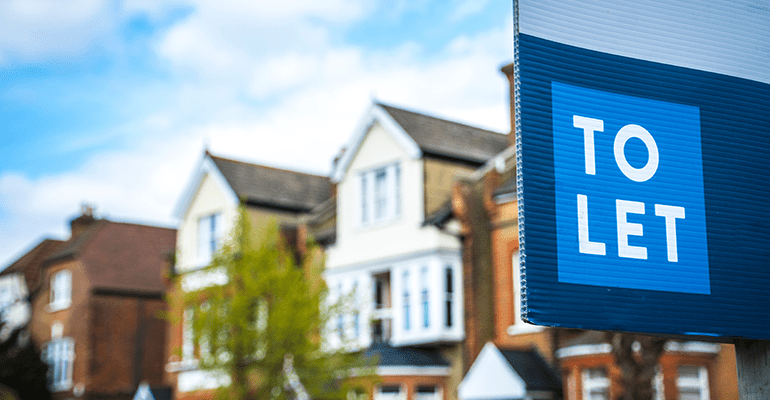
How to become a landlord.
There are several avenues to becoming a landlord, each with their own pros and cons. If you’re considering becoming a landlord, this top-line guide outlines a few of the more common routes into making money from your property.
Taking in a lodger
If you have a spare room in your home, need help meeting your financial obligations, or simply crave company of an evening, consider taking in a housemate.
You can draw up a written lodging agreement if you wish (although it’s not a legal requirement), and you can earn up to £7,500 a year, tax-free, so long as the room is furnished.
If you’ve lived alone for an extended period, remember that suddenly sharing is likely to impose a little on your personal space. Any new housemate should have reasonable access to common spaces within the home (including the kitchen, a bathroom, and any laundry facilities) at all times. Bear this in mind before taking the plunge.
Top tip: If you’re in one of the bigger cities, you might strike a balance with a Monday-to-Friday let. Fed-up long-distance commuters sometimes decide to swap the cost of a rail season ticket for rent. They’ll stay with you during the working week, and head home to spend weekends with their families.
Short-term room rental
Taking in temporary lodgers can give you a short-term cash injection to help pay for one-off or big-ticket items. And, it gives you the freedom to enjoy the house to yourself when you want it.
Sites like Airbnb match budget-conscious travellers with would-be hosts like you, supplementing the hotel market with cost-efficient and homely alternatives. Many home contents insurers now provide specialist cover for damage or theft by a paying guest (ring your current provider to enquire), and you can always turn someone down if you want a weekend of solitude.
As with long-term lodgers, you enjoy a £7,500-a-year tax-free allowance for room rental income.
Top tip: If you’re within reasonable walking distance of an established theatre, enquire about being added to their ‘digs list’. Actors, orchestra musicians and crew on touring productions often need affordable, short-term accommodation – typically a week or two, but maybe longer – while they’re in town. Theatres use digs list to connect them with welcoming and friendly locals, and performers exchange tips about the best hosts to stay with in each city.
Renting out an entire property
Many people become landlords every year by circumstance, whether they’ve inherited a family property, or moved in with a partner and want to rent out their bachelor(ette) pad.
Of course, there are many others who simply invest in a buy-to-let property to boost their pension pot, or help their children onto the housing ladder further down the line.
If you’re planning on pursuing this route, you’ll have a list of legal obligations you need to meet – including fire safety, paperwork and plenty more besides. There are tax implications, and your mortgage provider needs to know if you’re now renting out a property you previously lived in.
This may well involve an interest rate rise, and they’re not obliged to accept that the property is now a rental. At this stage, and depending on your other circumstances, you may need to switch to a specialist buy-to-let mortgage provider like Together.
Renting out to sharers
If you’re renting out your property as a houseshare(and it’s three or more unrelated people who will be sharing), it’ll be considered a House of Multiple Occupancy (‘HMO’).
HMO landlords have some additional legal responsibilities, such as ensuring the property isn’t overcrowded, and there are enough cooking and bathroom facilities.
You may need to register the property as such with the local council; some councils only require this of larger houseshares, but others insist on all. It’s best to check, as if you’re caught renting out an unregistered HMO you may be forced to repay rent or subject to a large fine.
HMO licences typically last for three years (Scotland) or five years (England and Wales, Northern Ireland).

